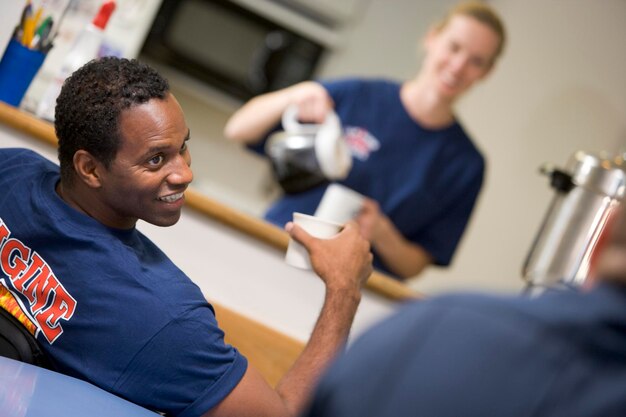How To Become A Practical Nurse: Education and Certification Guide
Embarking on a career as a Practical Nurse (PN) can be both rewarding and challenging, offering a crucial role in patient care under the supervision of registered nurses and doctors. To step into this vital healthcare position, one must complete several educational and certification milestones. The primary educational requirement is obtaining a diploma or certificate from an accredited Practical Nursing program, often offered at community colleges or technical schools. These programs generally take about 12 to 18 months to complete and encompass both classroom learning and practical clinical experience, ensuring that students are well-prepared for the demands of the job.
After completing the educational program, aspiring Practical Nurses must pass the National Council Licensure Examination for Practical Nurses (NCLEX-PN) to earn their practical nursing license. Meeting state-specific requirements, which can include background checks and continuing education, is essential to maintain this license and stay informed on the latest healthcare practices. By investing in the necessary education and licensure, individuals can not only fulfill the requirements to become a Practical Nurse but also enhance their career prospects in the dynamic field of healthcare.
Pathway to Becoming a Practical Nurse:
-
🎓 Practical Nursing Diploma/Certificate
- Duration: 12-18 months
- Institution: Community colleges, technical schools
-
📝 NCLEX-PN License
- Requirement: Post-graduation
- Administered by: National Council of State Boards of Nursing
-
📚 Continuing Education:
- Purpose: License maintenance and skill updates
- May include workshops, additional certifications, or specialty training.
